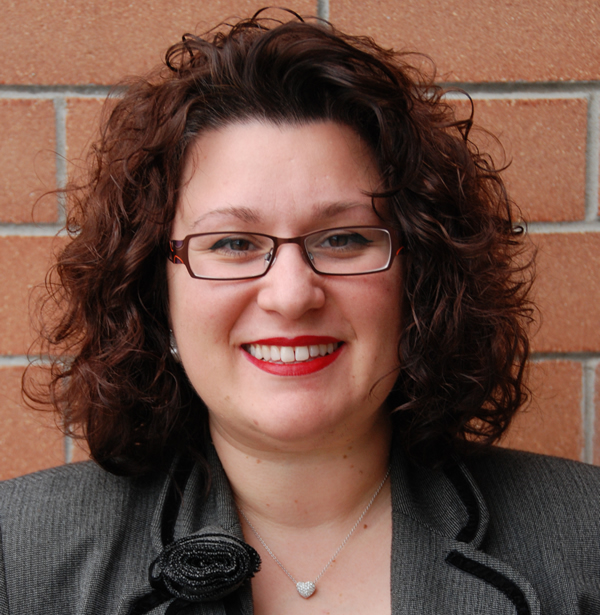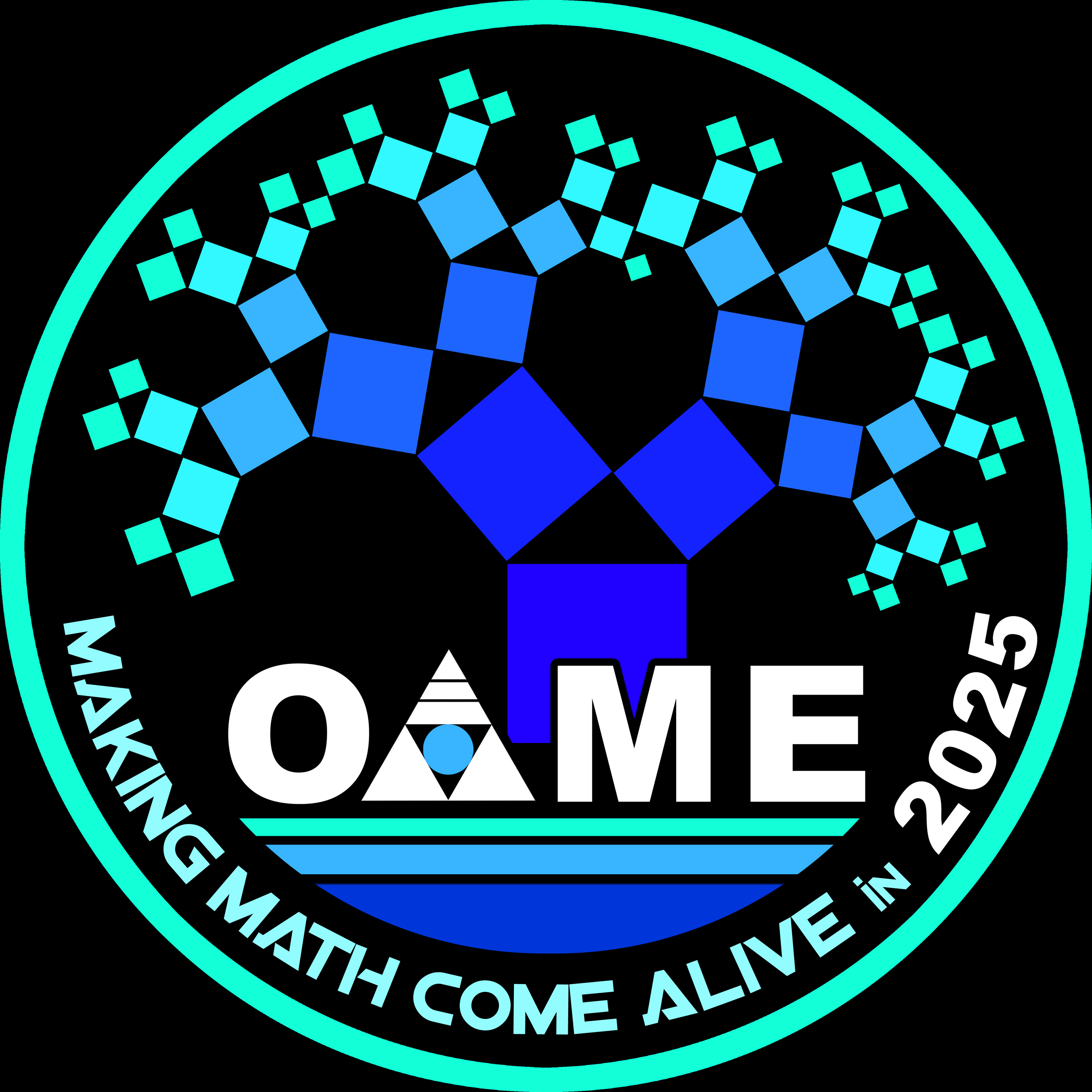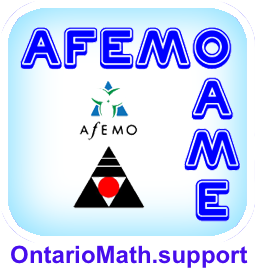President's Message - March 2012
OAME 2011-2012 Leadership Conference

CONNIE QUADRINI
connie.quadrini@oame.on.ca
The virtual Pre-Adobe Connect session that took place in October offered delegates the opportunity to examine dilemmas involving assessment through two different lenses; the first focused on alignment among curriculum, instruction and assessment, formative assessment, and summative assessment as reflected in NCSM's PRIME Leadership Framework for the Assessment Domain indicators (2008); and the second focused on Windschitl's Framework (2002), which presents four types of dilemmas when implementing "constructivist philosophies of teaching," specifically, conceptual, pedagogical, cultural, and political dilemmas. Delegates were introduced to the Mathematics Assessment Leadership Professional Learning Cycle, which would provide a process for delegates to plan, act, observe, and reflect upon their inquiry.
www.edugains.ca/resourcesDI/ProfessionalLearning
Cycle/ProfessionalLearningCycleBlankNov2010.doc
During the face-to-face sessions on October 27, 28, and 29, delegates had an opportunity to work collaboratively with colleagues within grade-band and by role breakout sessions. A K-12 continuum of learning mural involving patterning and algebra was created by delegates, with a focus on alignment of curriculum, instruction, and assessment, as well as formative assessment, specifically assessment for learning strategies, and specific feedback based on student thinking. Delegates would then make connections among the categories of achievement, assessment strategies, and triangulation of data (observations, conversations, and products) during the summative assessment segment. Delegates gathered together by role to examine dilemmas involving assessment and use the lenses presented during the Pre-Adobe Connect session to make sense of them, and consider actions that would support themselves and other colleagues in their pursuit to address them.
Before the end of the face-to-face sessions, delegates formed discussion groups based on their inquiry area of interest, using an Open Space Technology approach. Topics included assessment in mathematical inquiry, alignment, balanced assessment planning, using assessment to differentiate learning, success criteria, descriptive feedback, summative assessment, using a variety of assessments, assessing mathematical processes and/or achievement chart categories, assessment within a system (culture), formative assessment, and recording/tracking assessment information. Feedback from the conference indicated that delegates valued the Open Space Technology group discussions and in response, additional opportunities for synchronist conversations focused on these topics were made available in January and February 2012 via Adobe Connect.
Asynchronous conversations continue on the OAME Leadership Conference wiki. You are invited to visit our wiki at www.oame-leadership-conference-2011. wikispaces.com/ to "e-lurk" into these conversations and explore resources that have been posted to continue to support learning, reflection, and action related to these topics.
In March 2012, delegates will engage in a Post- Adobe Connect session to share the journey of their Assessment Leadership Inquiry, solicit feedback and suggestions from colleagues, and explore potential collaborations based on common interests of inquiry. Delegates will have the opportunity to reconvene at the OAME 2012 Annual Conference in Kingston during a Leadership Conference sharing session, as well as attend other sessions that will continue to delve deeper into assessment concepts that were presented during the October 2011 face-to-face sessions.
I have valued conference feedback from delegates. Thank you for your willingness to share your "aha!" moments, challenges, successes, and needs. A special thank you to the OAME Leadership Team, Dr. Christine Suurtamm, plenary speaker, and facilitators, Shirley Dalrymple, Anna Jupp, Mary Lou Kestell, Caroline Rosenbloom, Liisa Suurtamm, and Shelley Yearley for sharing their expertise and for their dedication to the conference, the OAME Executive Directors, Fred and Lynda Ferneyhough, for all their support and help in organizing the conference, and to delegates for their willingness to embrace a new OAME Leadership Conference format. I am grateful for the opportunity to have learned with you, and look forward to hearing about the blooms that are produced in classrooms, schools, school boards, and OAME local chapters as a result of the assessment seeds that were sown this year.
References
National Council of Supervisors of Mathematics (NCSM).
(2008). The PRIME leadership framework: Principles and
indicators for mathematics education leaders. Denver, CO:
Author.
Windschitl, M. (2002). Framing constructivism as the
negotiation of dilemmas: An analysis of the conceptual,
pedagogical, cultural, and political challenges facing
teachers. Review of Educational Research, 72(2),
131-175.
Previous Message:
Using Rich Assessment Tasks
Next Message:
Congratulations OAME on our 40th Anniversary!


















 Like us on FaceBook
Like us on FaceBook